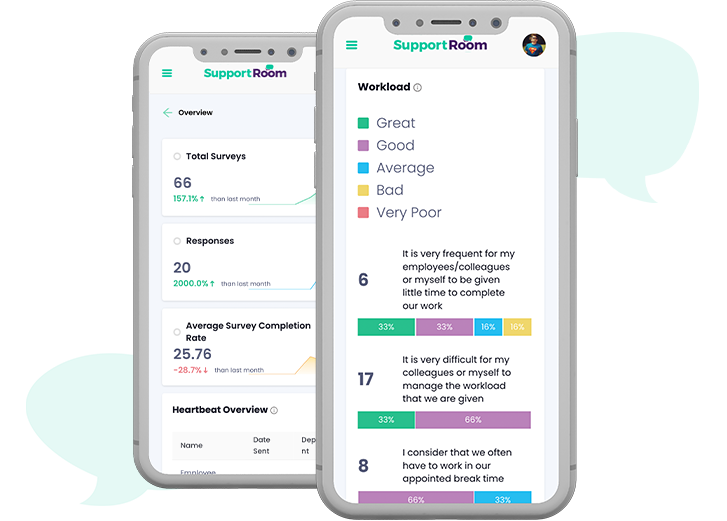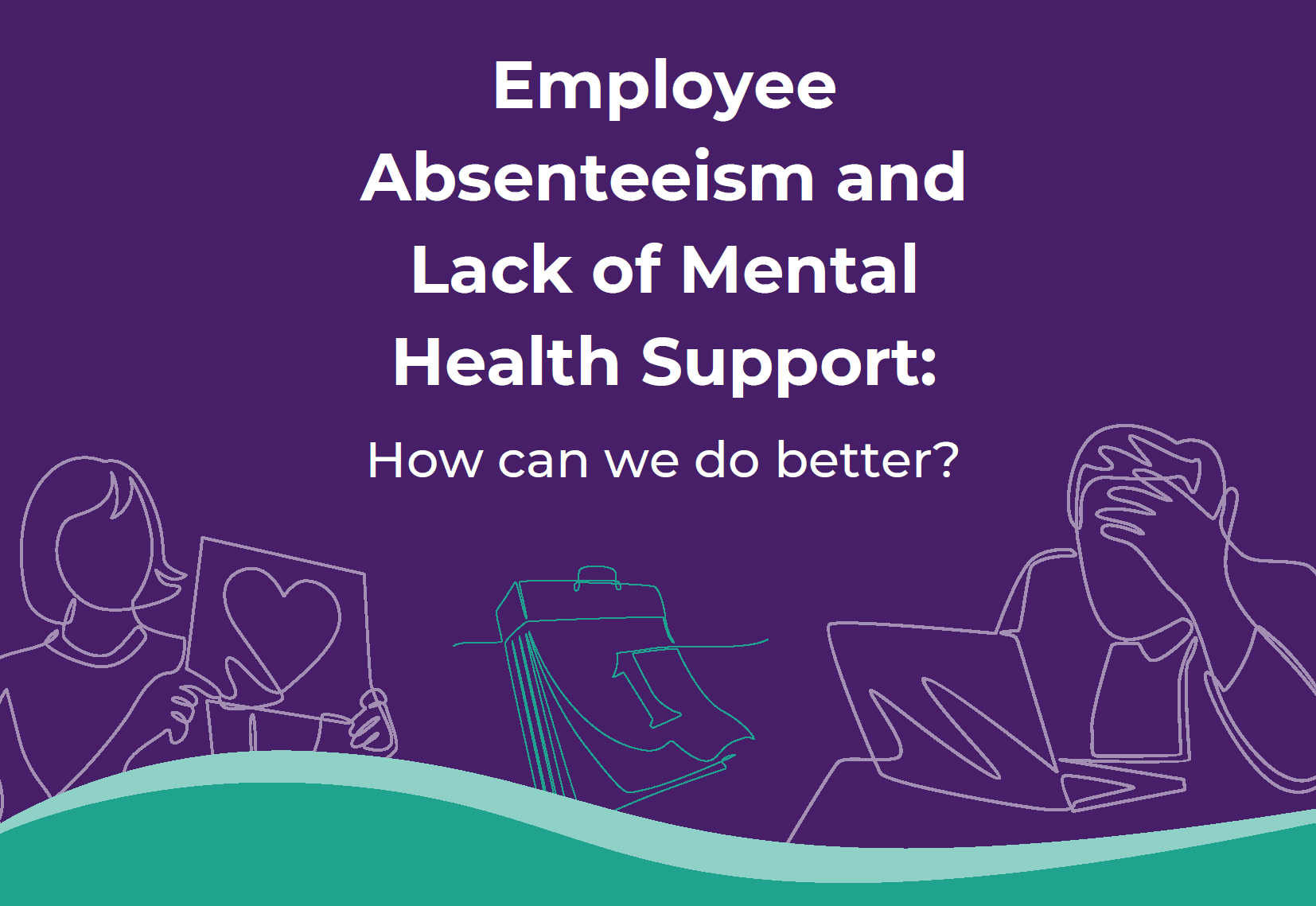Depression is a mental health disorder characterized by persistent feelings of sadness, hopelessness, and a lack of interest or pleasure in activities. It goes beyond temporary feelings of sadness that everyone experiences from time to time. Depression affects how a person thinks, feels, and behaves, and it can lead to a variety of emotional and physical problems.
The symptoms of depression can vary from person to person, but some common signs include:
Persistent sadness or emptiness
Loss of interest or pleasure in activities once enjoyed
Changes in appetite and weight (either significant weight loss or weight gain)
Difficulty sleeping or sleeping too much
Restlessness or irritability
Fatigue or loss of energy
Feelings of worthlessness, guilt, or hopelessness
Difficulty concentrating or making decisions
Thoughts of death or suicide
Depression can be caused by a combination of genetic, biological, environmental, and psychological factors. It is a complex condition, and the exact causes can vary from person to person. Some common risk factors for depression include a family history of the disorder, certain medical conditions, traumatic life events, chronic stress, and certain medications.
It is important to note that depression is a treatable condition. Treatment options may include psychotherapy (such as cognitive-behavioral therapy), medication (such as antidepressant medications), or a combination of both. Lifestyle changes, such as regular exercise, maintaining a healthy diet, and getting enough sleep, can also be beneficial in managing depression.
Meditation can be a helpful tool in managing and reducing symptoms of depression. Here are some of the benefits that meditation can offer:
Stress reduction: Meditation has been shown to reduce stress levels by activating the body’s relaxation response. This can help alleviate the physical and emotional symptoms of stress that often accompany depression.
Improved emotional well-being: Regular meditation practice can enhance emotional well-being by increasing positive emotions and reducing negative emotions. It can promote feelings of calmness, inner peace, and contentment, which can be particularly beneficial for individuals struggling with depression.
Increased self-awareness: Meditation cultivates a sense of self-awareness, allowing individuals to observe their thoughts and emotions without judgment. This heightened self-awareness can help identify negative thought patterns and behaviors that contribute to depression, enabling individuals to develop healthier coping mechanisms.
Enhanced focus and concentration: Depression often affects concentration and cognitive function. Meditation practices, such as mindfulness meditation, can improve focus and concentration by training the mind to stay present and redirect attention to the present moment. This can help counteract the cognitive difficulties associated with depression.
Regulation of mood: Regular meditation practice has been shown to positively impact mood regulation. It can help individuals develop skills to navigate and regulate their emotions, reducing the intensity and duration of depressive episodes.
Improved sleep: Depression can disrupt sleep patterns, leading to insomnia or excessive sleep. Meditation techniques, such as progressive muscle relaxation or guided imagery, can promote relaxation and better sleep quality, which can indirectly alleviate depressive symptoms.
Increased self-compassion: Depression often involves self-critical thoughts and feelings of low self-worth. Meditation practices, such as loving-kindness meditation, can foster self-compassion and self-acceptance. This can counteract the negative self-perception common in depression and promote a more positive relationship with oneself.
It’s important to note that while meditation can be a helpful adjunct to treatment for depression, it is not a substitute for professional help. If you’re experiencing symptoms of depression, it’s essential to consult with a mental health professional for a comprehensive evaluation and appropriate treatment plan.
In addition to mindfulness meditation, which is commonly associated with depression, there are several other types of meditation that can be beneficial for managing depression. Here are a few examples:
Loving-Kindness Meditation (Metta): Loving-kindness meditation involves directing positive thoughts, well-wishes, and compassion towards oneself and others. It can help cultivate feelings of love, kindness, and empathy, which can counteract the negative self-perception and social isolation often experienced in depression.
Transcendental Meditation (TM): TM is a form of meditation that involves the use of a mantra, a specific word or sound, repeated silently to oneself. It aims to quiet the mind and access deeper levels of consciousness. TM has been found to reduce symptoms of depression and anxiety and improve overall well-being.
Yoga and Yoga Nidra: Yoga combines physical postures, breath control, and meditation to promote relaxation, flexibility, and mental clarity. It can help alleviate symptoms of depression by reducing stress, improving mood, and enhancing self-awareness. Yoga Nidra, also known as “yogic sleep,” is a guided meditation technique that promotes deep relaxation and can be particularly helpful for individuals with depression-related sleep disturbances.
Breath-focused Meditation: This type of meditation involves focusing on the breath as a point of concentration. It can help bring the mind to the present moment, reduce rumination on negative thoughts, and induce a state of calmness and relaxation.
Body Scan Meditation: Body scan meditation involves systematically directing attention to different parts of the body, noticing physical sensations without judgment. It can promote relaxation, body awareness, and release tension, which can be beneficial for individuals with depression-related physical symptoms or somatic complaints.
Walking Meditation: Walking meditation involves bringing mindfulness and awareness to the experience of walking. It can be done indoors or outdoors and can help promote relaxation, grounding, and a sense of connection with the body and the environment. Walking meditation can be particularly useful for individuals who find it challenging to sit still for traditional meditation practices.
It’s important to remember that different types of meditation work for different individuals, and it may be helpful to explore and experiment with different techniques to find what resonates best with you. It is also recommended to learn meditation techniques from qualified instructors or through guided meditation resources such as books, apps, or online programs.

Gain FREE access to Heartbeat
Get a free Heartbeat Survey.
Let us uncover the true state of your team’s wellbeing with a free mental health survey for your entire organisation.
Gain valuable insights to see how you can better support your team’s mental health and performance.
No pitch. No credit card required.





